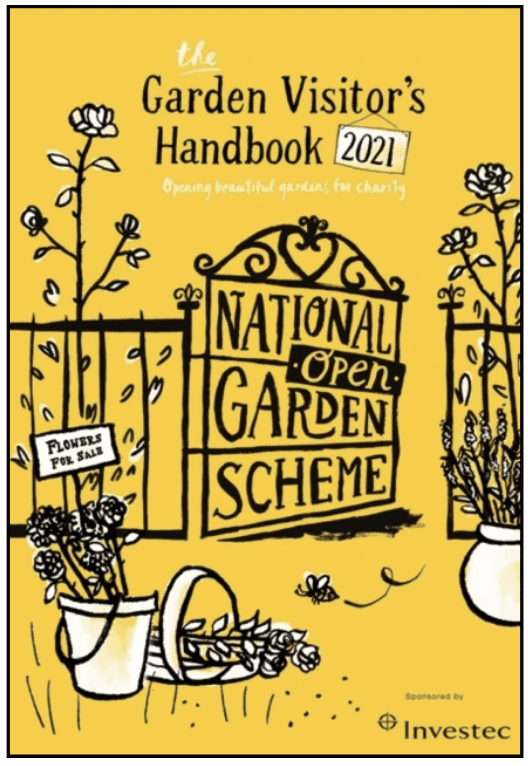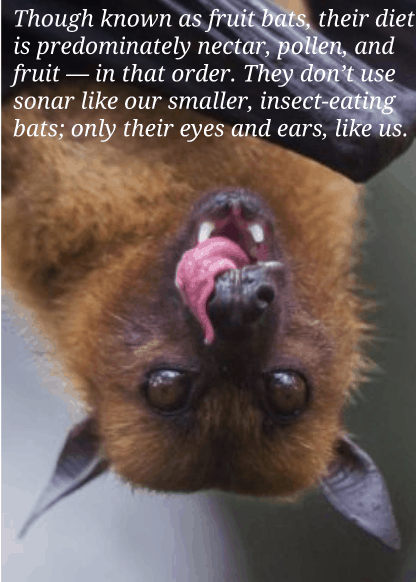I’m not going to get into the debate of jam then cream or cream then jam, but however you layer them, nothing quite beats a scone fresh from the oven, closely followed by some homemade cakes.
If you are looking for something to make for your Mum this Mother’s Day, or for a loved one for their birthday, then here are some recipes for you to try, both for some scones and for two flavour versions of a sponge cake recipe that looks decadent but is actually super easy to make.
If you are looking for some local ingredients to add to your Cream Tea, then we are spoilt for choice for local tea Dorset… but I recommend checking out Its Tea in Poole if you are looking for something hand blended. They have a huge range of teas, from the standard English Breakfast to the more unusual.
You can find Dorset clotted cream in many farm shops but if you are looking for something a little different, Dorset Dairy Co sell their Cultured Cream which is a slightly tangier version. From Dorset with Love have a wide range of their handmade curds as well as delicious jams.
Fruit Scones

Ingredients
8oz self raising flour
2oz butter (soft)
2oz caster sugar
milk
egg to glaze
fresh raspberries or blueberries.
Method
Line 2 x baking sheets with greaseproof paper and preheat the oven to 180 fan/gas 6.
Add the flour and sugar to a large bowl. With your hands, add in the butter and rub it into the flour and sugar mixture. This involves rubbing your fingers together amongst the butter and flour mixture until the butter is worked in and the mixture resembles fine breadcrumbs.
Stir in the fresh fruit (you can leave this stage out if you would prefer plain scones).
Then pour in the milk a little at a time. Stir the mixture together with your hands and continue to add the milk until the mixture forms a soft dough (you don’t need to knead the dough).
Tip out onto a floured surface. Gently press out the mixture so that it is about 1inch thick. Using a cutter (or your can just use a knife), cut out the scones and place on the lined trays. You can gently reform the dough and repeat the cutting until all the dough is used up. It should give you 6 – 10 small scones (depending on how big your cutter is).
Beat the egg in a small bowl with a fork and then brush the beaten egg onto the top of the scones. Bake in the oven for 15 minutes or until golden brown on top.
You can leave them to cool, but they do taste fantastic straight from the oven.
Mini Victoria Sponge

Ingredients:
For the sponge mixture
- 8oz butter
- 8oz caster sugar
- 4 eggs
- 8oz self raising flour
- Flavours… To make vanilla cakes – 1/2 tsp of vanilla extract.
You will also need 2oz butter and 4oz icing sugar for the icing and a little raspberry or strawberry jam. To make lemon cakes – grated zest of 2 lemons, the juice of the 2 lemons, some lemon curd and then 2oz butter and 4oz of icing sugar for icing - Method: Smear some butter around the base and sides of 2 circular baking tins 8″ in diameter. Then place a circle of greaseproof in the base of each tin. Preheat the oven to gas 6 or 180 degrees fan. In a stand mixer, with an electric whisk or with a wooden spoon, beat together the butter, sugar and vanilla or lemon zest in a bowl really well. The mixture will change to be light and fluffy and the colour will turn pale. Add in the eggs one at a time, beating well between each egg. If the mixture curdles, you can add one spoonful of the flour and beat well. Slowly stir in the flour. Take care not to beat hard and knock out all of the air that has just been worked into the mix. Spoon the mixture into the 2 tins evenly and level the tops so they are mostly flat. Bake in the oven for 22-25 minutes. Check the bakes after 22 minutes, you may need to swap them around in the oven so they cook evenly. The cakes will be done when the cakes have come away from the edges of the pan and the top of the cake is springy to the touch. Leave the cakes to cool. To finish the cakes… remove the cakes from the tins and remove the parchment from the bottom. Using a 2 inch circular cutter and cut as many circles from the sponges as you can from the 2 sponges. You should be able to get at least 12 little sponges, to make 4 x 3 layer cakes. In a bowl or stand mixer, beat together the butter and icing sugar until you have a light and fluffy mixture. You can add a little lemon juice to the lemon icing if you wish, or add vanilla extract to the vanilla cakes.
Spread a thin layer of your jam (if vanilla cakes) or lemon curd (if lemon cakes) and a thin layer of the icing between the layers and stack the cakes together. Dust the top with a little extra icing sugar.
Extra tips…

For the lemon cakes – you can brush a little lemon juice over the sponges before stacking for some extra zing.
If you want to go that bit extra, rather than making buttercream icing, you can make Italian meringue and use that for a more lemon meringue style cake. To make Italian Meringue, heat together 1 cup of caster sugar with 1/3 cup water until it reaches 240degrees fahrenheit on a thermometer. Beat together 2 egg whites until stiff and whilst the mixer is still running, slowly pour in the hot syrup mixture until it is all combined. Keep the mixer running until the bowl of the mixer is cold. You can then pipe this onto the cakes with the lemon curd.
For the Vanilla cakes – you can use whipped fresh cream instead of icing and add some fresh fruit to the top of the cake. This won’t keep as well but if you make just before your are ready to eat, they will be delicious!
By: Heather Brown














